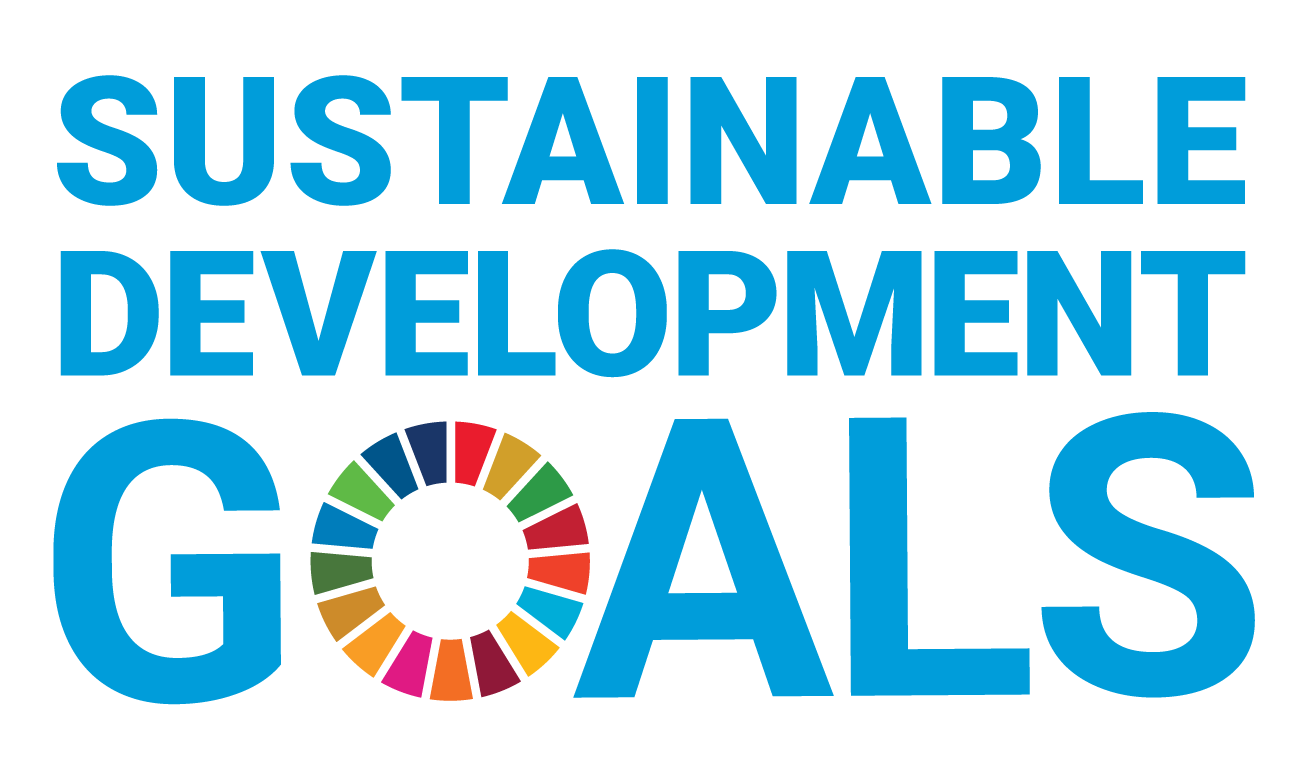
Watch this video to see transformation with your own eyes
Lives transformed in marginalized language communities through literacy and development
ILAD promotes human flourishing through educational, economic and social development in communities that are under-resourced. We do this by partnering with communities to facilitate local solutions to local problems through our four core competencies; Agricultural Development, Educational Development, Business Development, and Human Language Technology.

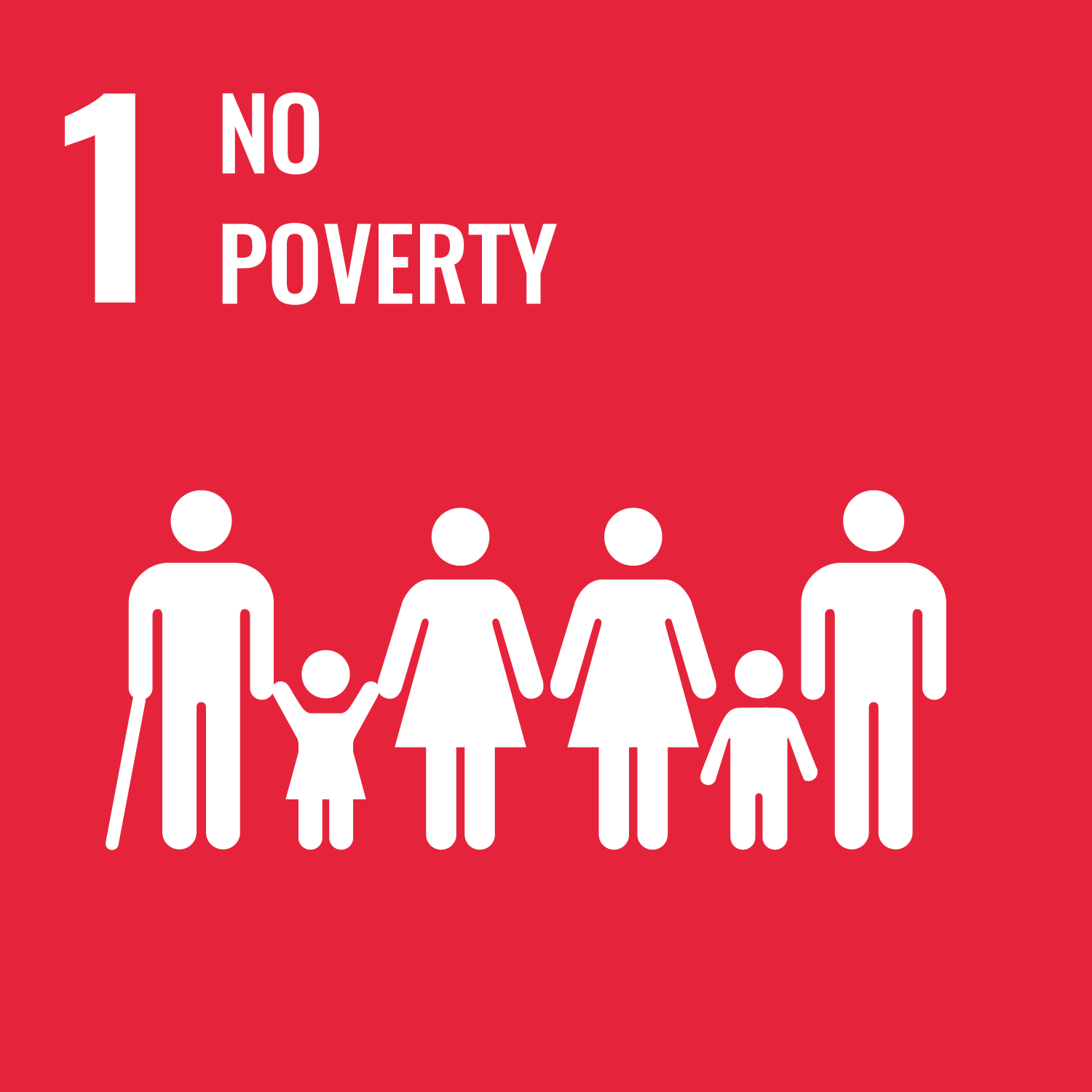
 No Poverty
No PovertyILAD projects in Agriculture and Small Business Development in West Africa, the Caucasus, the Middle East and among refugee populations in the US equip people with skills and knowledge to earn a profit for their labor and increase their economic stability.
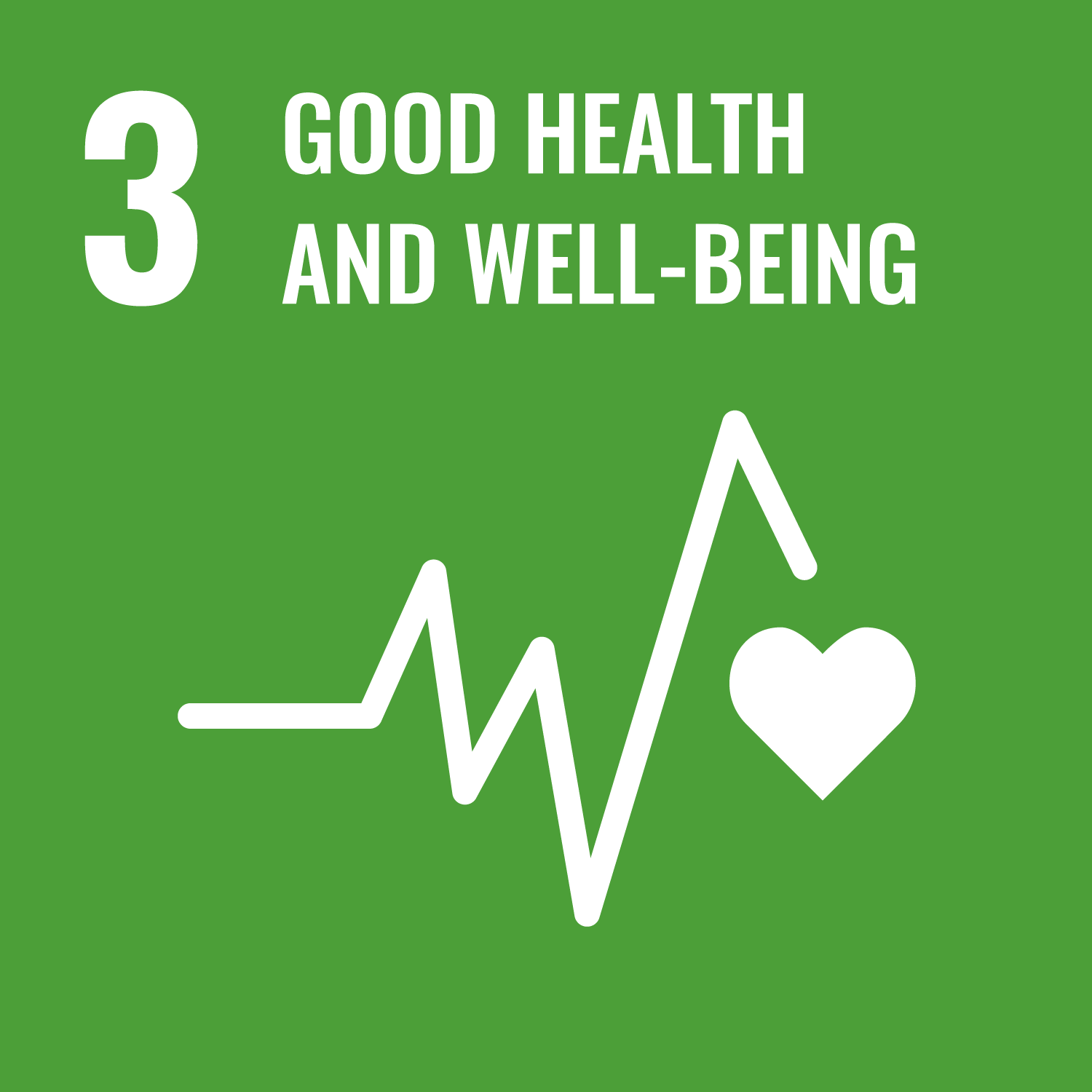
ILAD projects in the Middle East, among refugee populations in the US, in Eastern Europe, and in West Africa provide access to accurate health information addressing a variety of issues. In addition, ILAD contributes to clean water initiatives in West Africa.
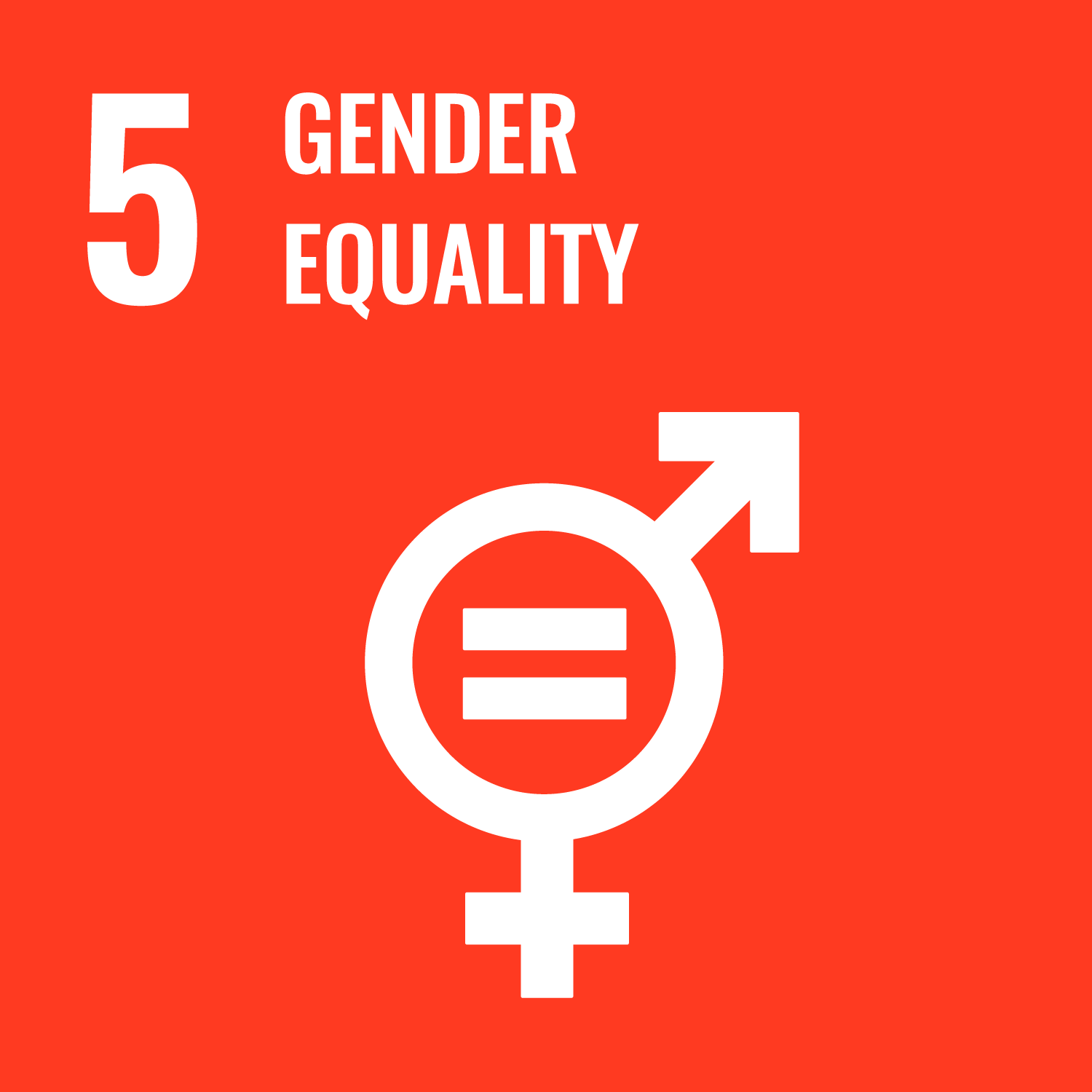
Many ILAD projects focus entirely on services for women, while other projects intentionally include women and girls as participants. Business Development in West Africa, among refugee populations in the US, and in the Caucasus encourage women to participate. Literacy classes in the Middle East, West Africa, and among refugees in the US are designed specifically for women. The secondary school in West Africa provides safe and quality education for girls and boys.
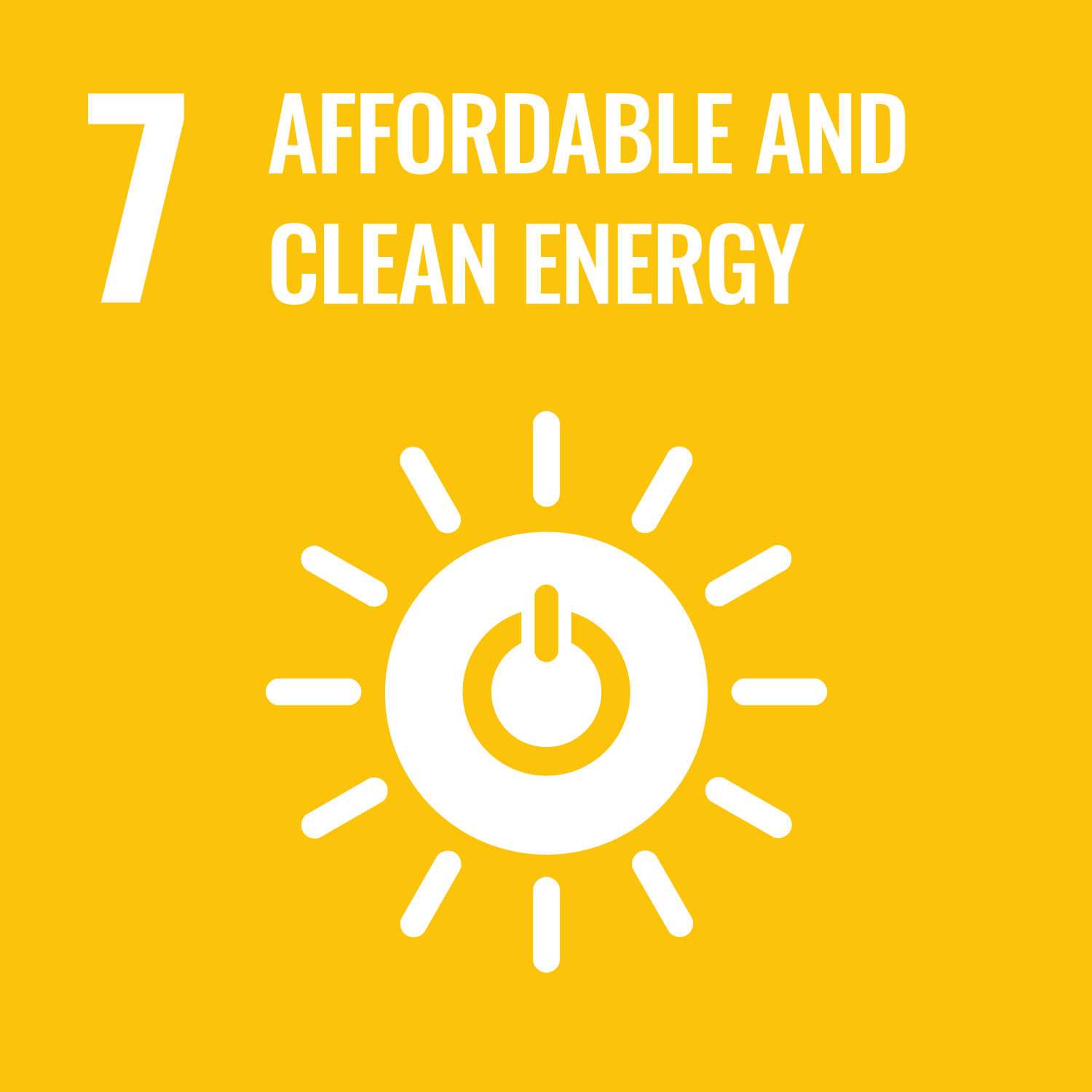
ILAD is currently researching opportunities to provide consistent electricity to areas that do not yet have access.
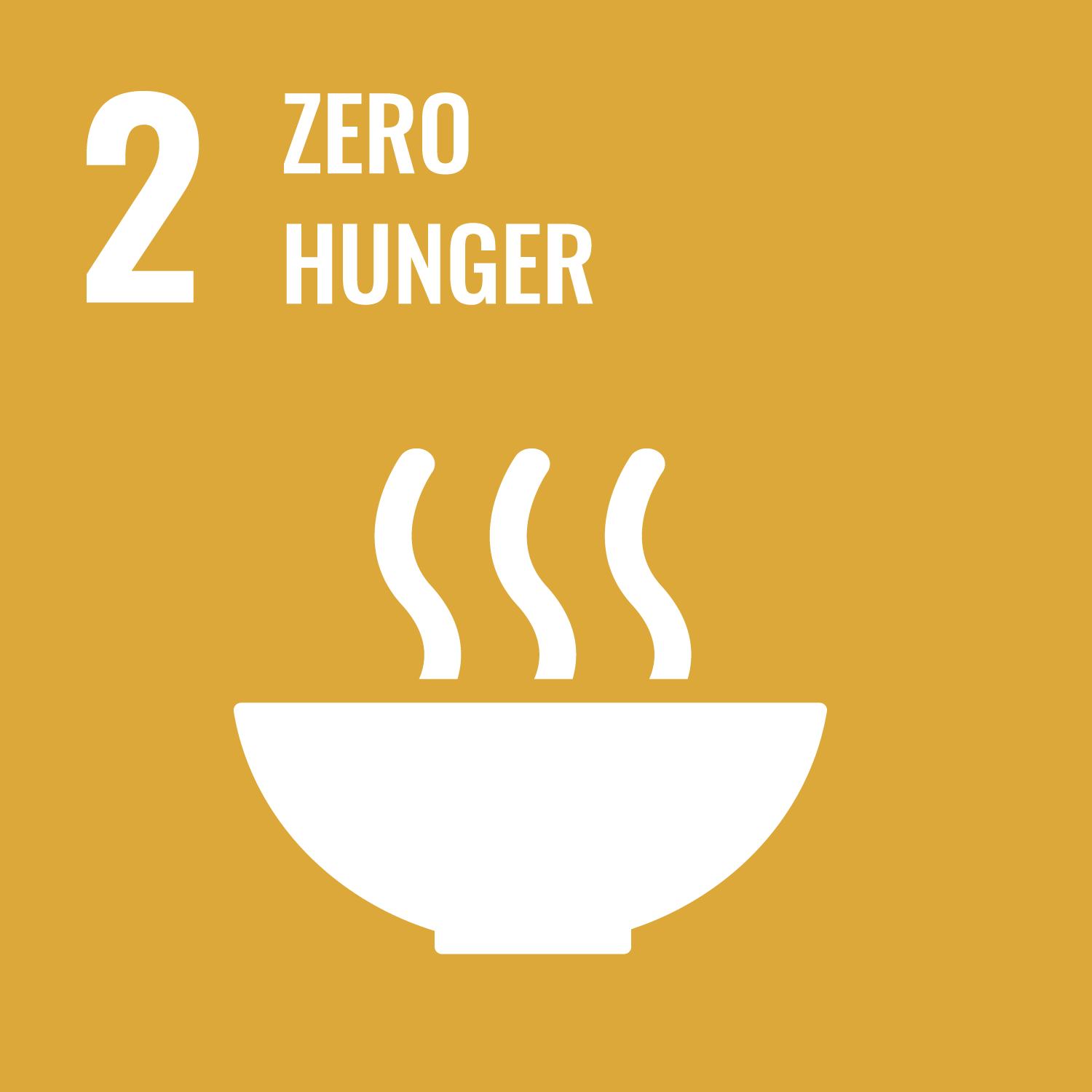
ILAD projects are designed to create opportunities to increase income and/or food production. Agricultural development in West Africa and Business Development in West Africa, the Caucasus, the Middle East and among refugee populations in the US contribute to reducing hunger among vulnerable populations.
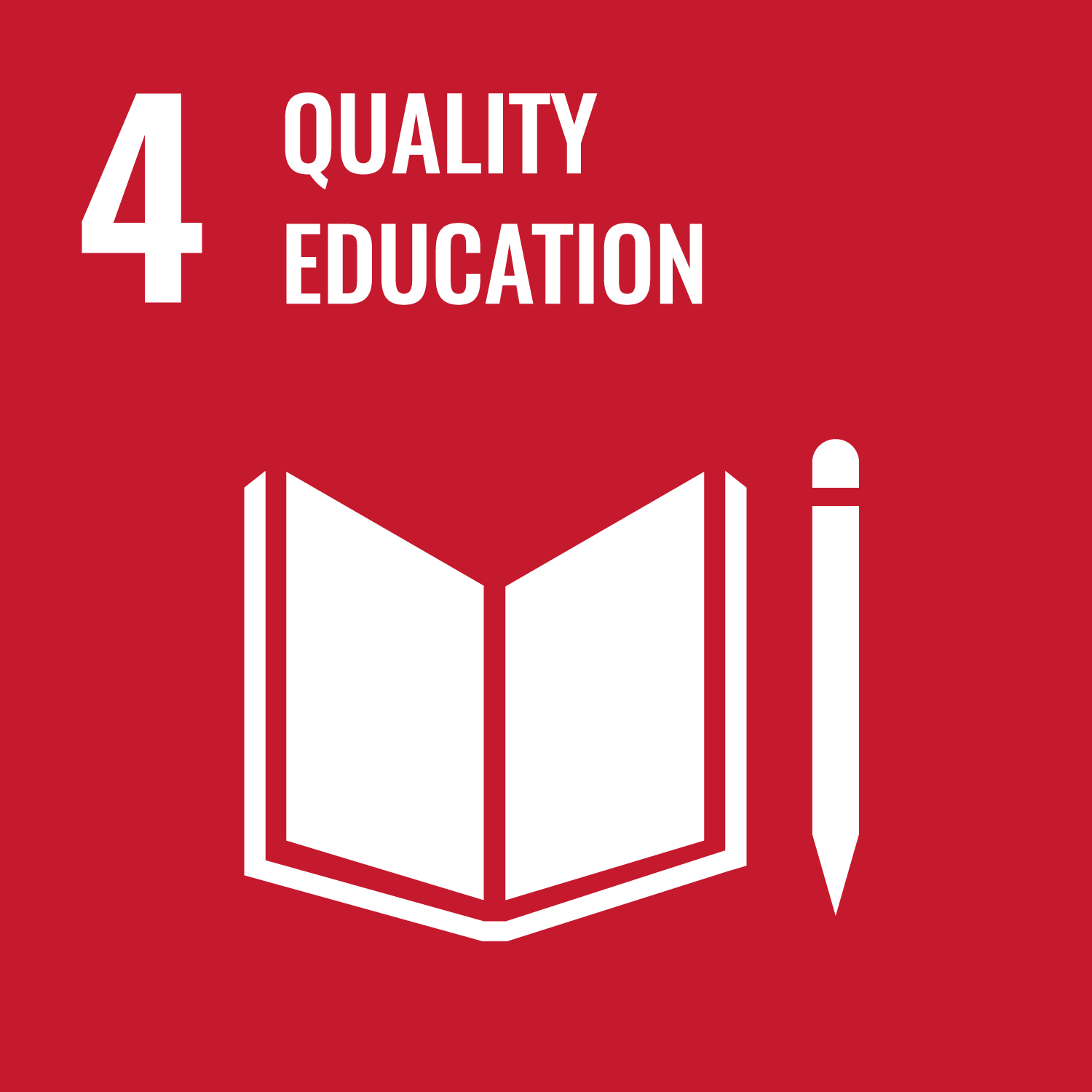
Literacy and education are high priorities for ILAD projects. Every ILAD project incorporates literacy in some form whether print, digital, or financial. In addition, ILAD works in partnership with a rural community in West Africa to run a secondary school where both girls and boys receive a safe, quality education.
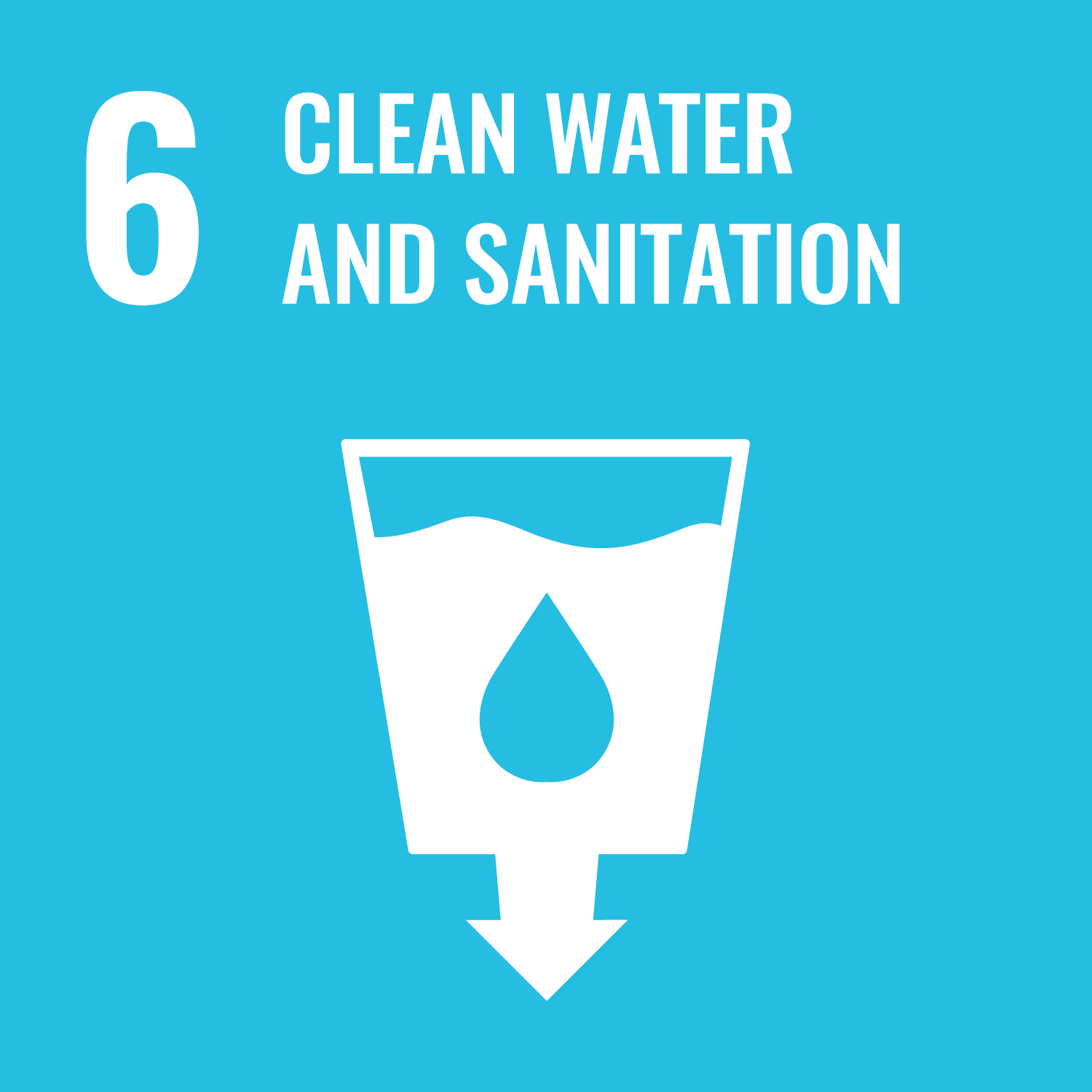
In West Africa, ILAD partners with a well drilling business to provide pro bono wells in rural areas that do not have access to clean water. ILAD has participated in clean water initiatives in West Africa prior to its partnership with this business. ILAD also conducts educational seminars on best practices for hygiene and sanitation in West Africa, the Caucasus, and the Middle East.
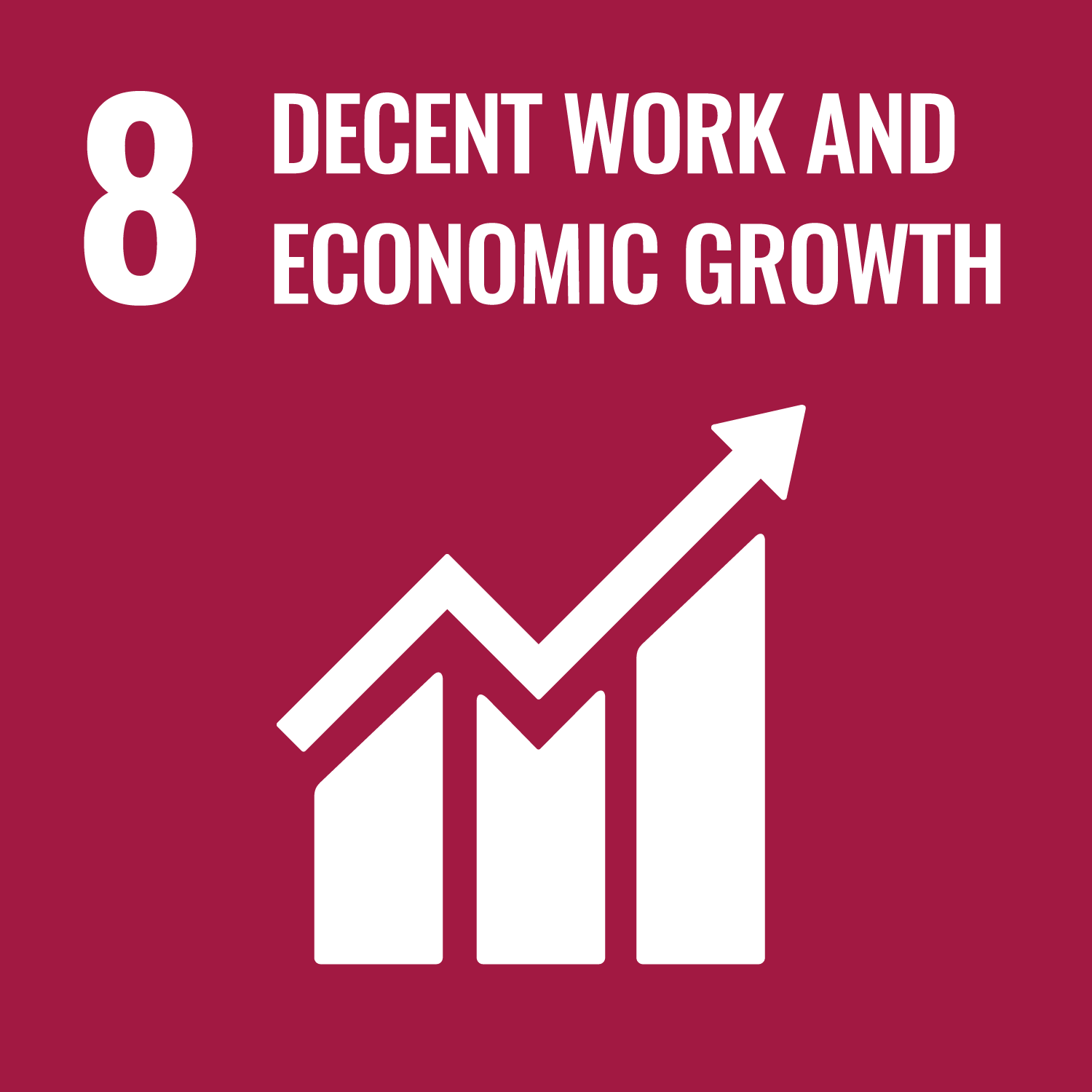
Through Business Development Training and Human Language Technology in Southeast Asia, the Caucasus, Asia, West Africa, and refugee populations in the US, ILAD is promoting productive activities, decent job creation, entrepreneurship, creativity and innovation and encouraging the growth of micro-, small-, and medium-sized enterprises.
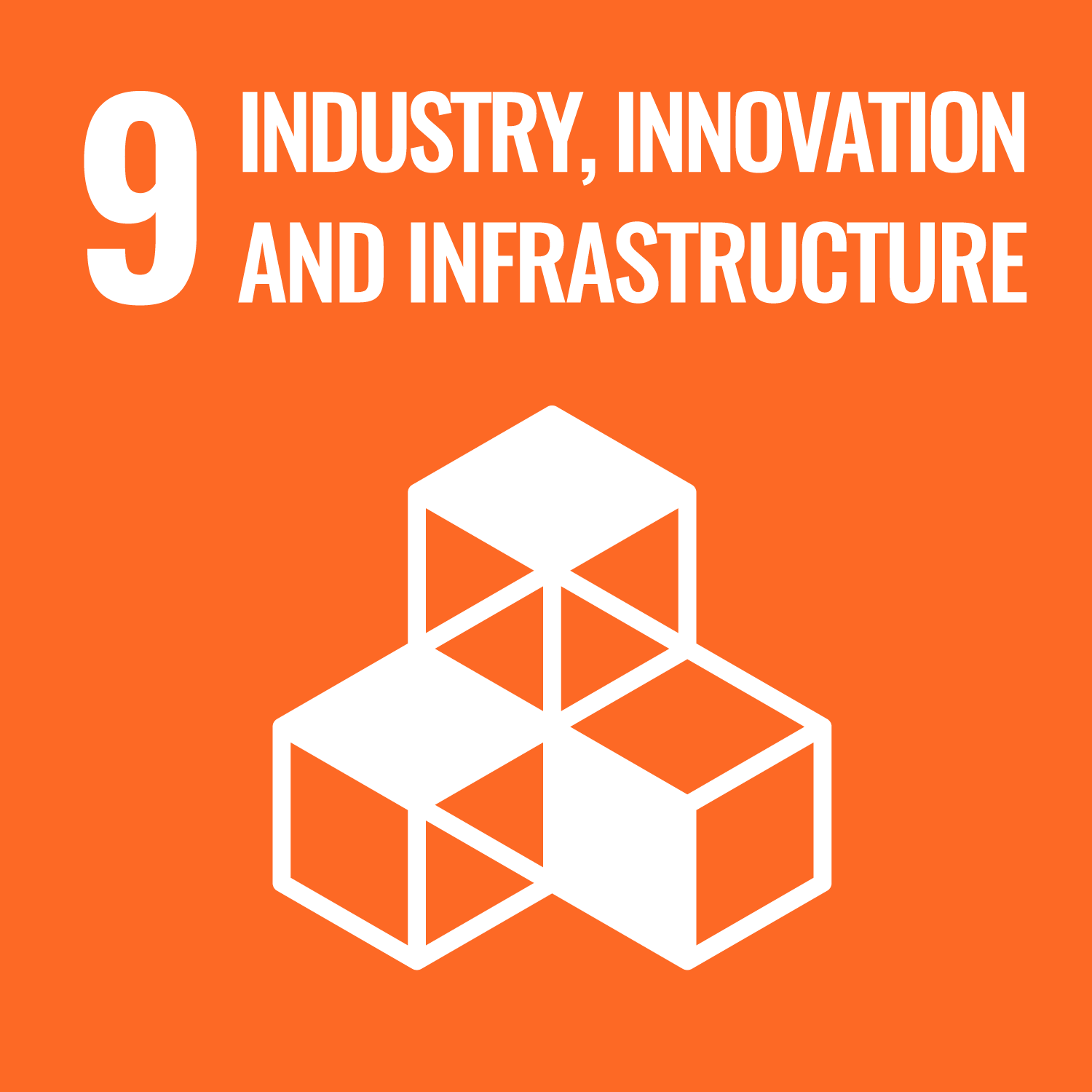
In West Africa, ILAD invests in a small-scale enterprise that provides a market to local pineapple farmers, produces and bottles juice, and distributes the product to other West African nations. This enterprise is a model for other businesses in the developing world to integrate into value chains and markets.
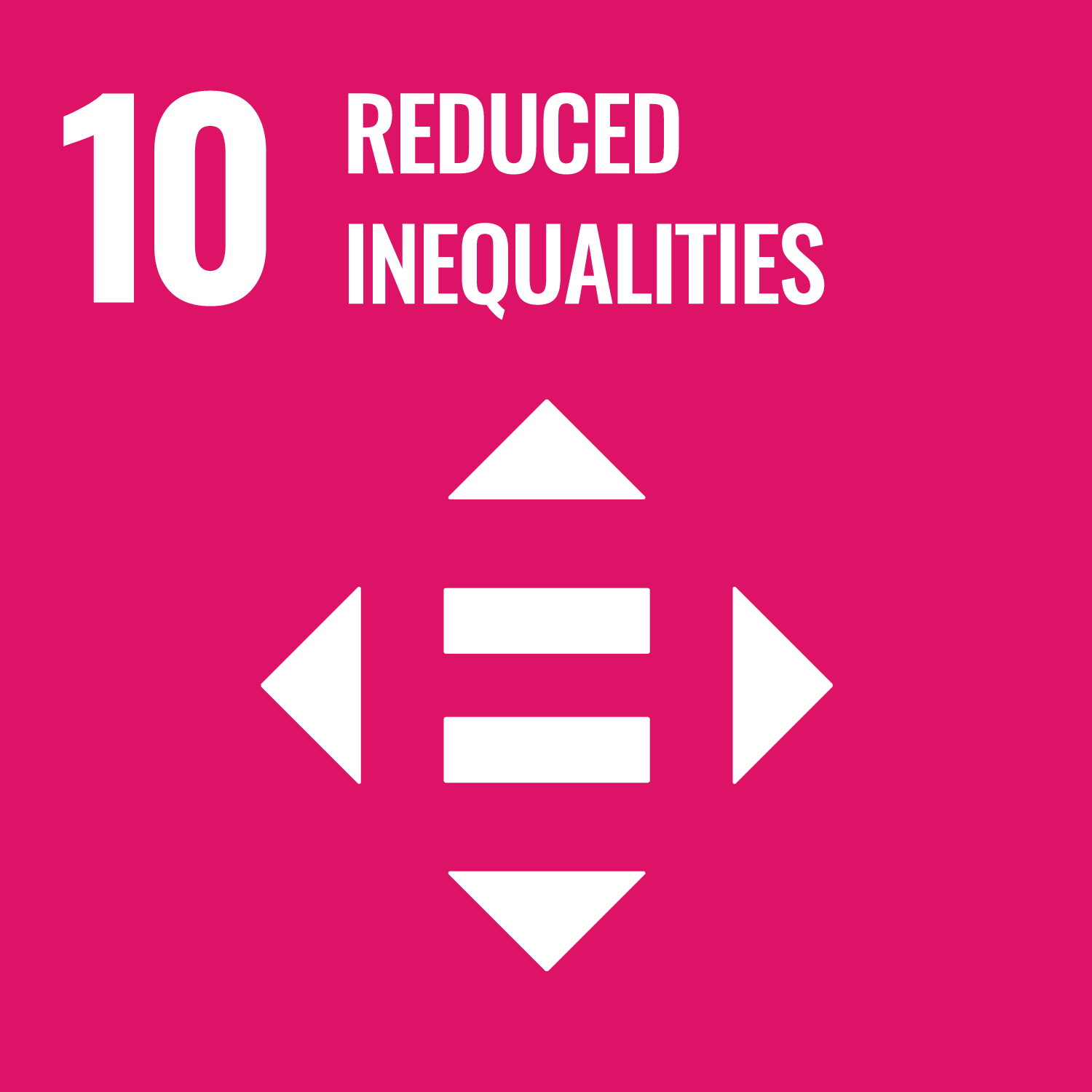
ILAD projects in all our contexts work to promote human flourishing and inclusion of the most vulnerable and under-resourced communities in our world. Our projects aim to promote the social, economic and educational inclusion of all, irrespective of age, sex, disability, race, ethnicity, origin, religion or economic status.

 No Poverty
No PovertyILAD projects in Agriculture and Small Business Development in West Africa, the Caucasus, the Middle East and among refugee populations in the US equip people with skills and knowledge to earn a profit for their labor and increase their economic stability.

ILAD projects are designed to create opportunities to increase income and/or food production. Agricultural development in West Africa and Business Development in West Africa, the Caucasus, the Middle East and among refugee populations in the US contribute to reducing hunger among vulnerable populations.

ILAD projects in the Middle East, among refugee populations in the US, in Eastern Europe, and in West Africa provide access to accurate health information addressing a variety of issues. In addition, ILAD contributes to clean water initiatives in West Africa.

Literacy and education are high priorities for ILAD projects. Every ILAD project incorporates literacy in some form whether print, digital, or financial. In addition, ILAD works in partnership with a rural community in West Africa to run a secondary school where both girls and boys receive a safe, quality education.

Many ILAD projects focus entirely on services for women, while other projects intentionally include women and girls as participants. Business Development in West Africa, among refugee populations in the US, and in the Caucasus encourage women to participate. Literacy classes in the Middle East, West Africa, and among refugees in the US are designed specifically for women. The secondary school in West Africa provides safe and quality education for girls and boys.

In West Africa, ILAD partners with a well drilling business to provide pro bono wells in rural areas that do not have access to clean water. ILAD has participated in clean water initiatives in West Africa prior to its partnership with this business. ILAD also conducts educational seminars on best practices for hygiene and sanitation in West Africa, the Caucasus, and the Middle East.

ILAD is currently researching opportunities to provide consistent electricity to areas that do not yet have access.

Through Business Development Training and Human Language Technology in Southeast Asia, the Caucasus, Asia, West Africa, and refugee populations in the US, ILAD is promoting productive activities, decent job creation, entrepreneurship, creativity and innovation and encouraging the growth of micro-, small-, and medium-sized enterprises.

In West Africa, ILAD invests in a small-scale enterprise that provides a market to local pineapple farmers, produces and bottles juice, and distributes the product to other West African nations. This enterprise is a model for other businesses in the developing world to integrate into value chains and markets.

ILAD projects in all our contexts work to promote human flourishing and inclusion of the most vulnerable and under-resourced communities in our world. Our projects aim to promote the social, economic and educational inclusion of all, irrespective of age, sex, disability, race, ethnicity, origin, religion or economic status.
Learn about our organization’s evaluation tool that facilitates effective program planning, implementation, and evaluation.
Learn more about human flourishing from this review of academic research on the subject.
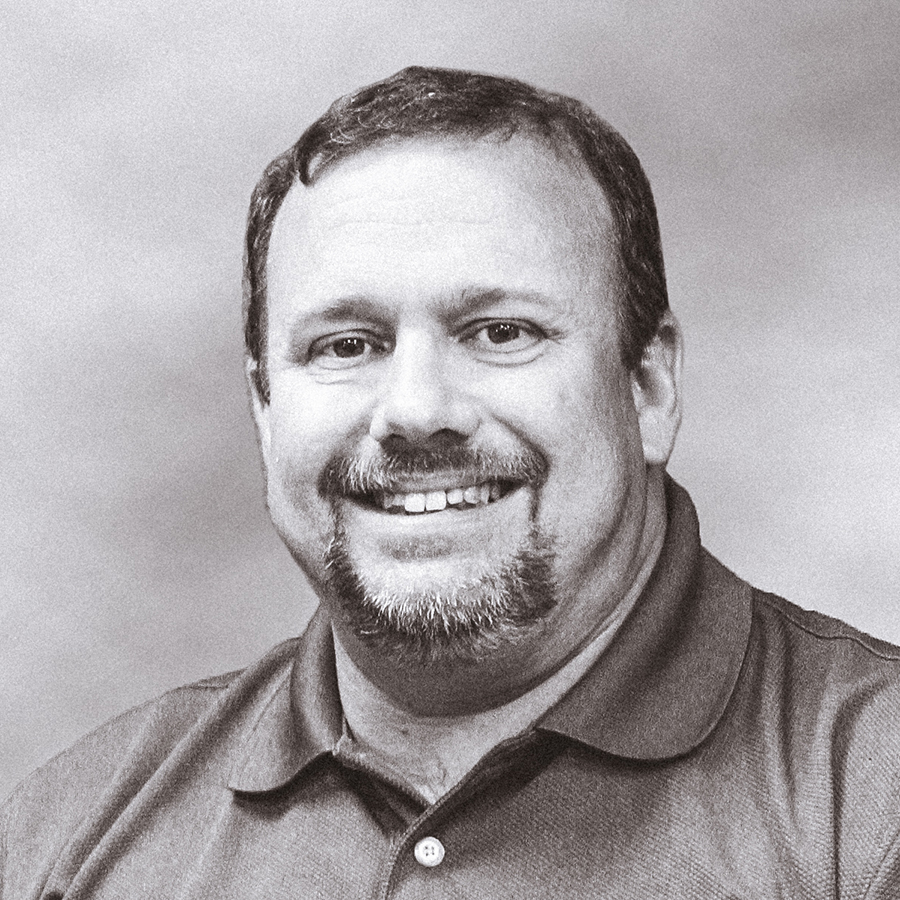
“Mr. Kotlan is a Professional Engineer and former city manager of Montgomery, Texas. He has over 20 years of experience in the planning, design, and construction of public works and development projects ranging up to $15M in construction cost. He is a graduate of Texas A&M University where he has a Bachelors in Civil Engineering.”
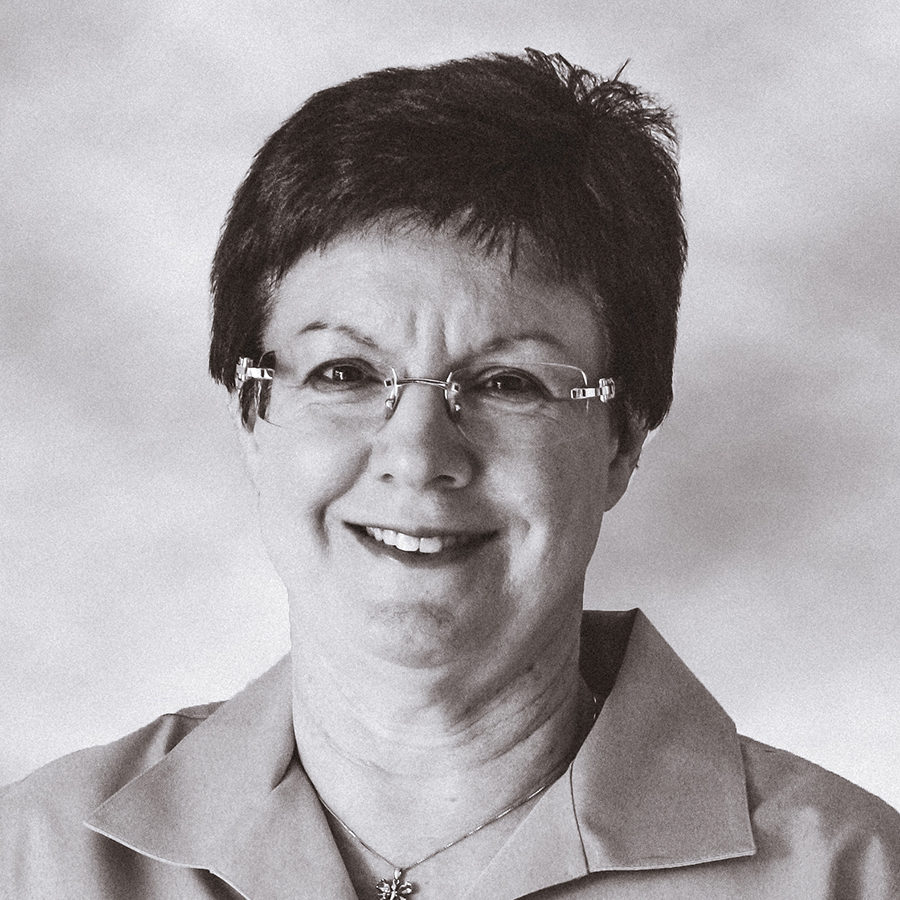
Ms. Cleveland is a practicing attorney who operates her own firm in Ft. Worth, TX. She is also a Certified Public Accountant. She obtained her Doctor of Jurisprudence degree from the South Texas College of Law and her LLM in Taxation from Southern Methodist University. She is a member of a number of bar associations and CPA chapters and brings extensive legal and accounting expertise to the organization.
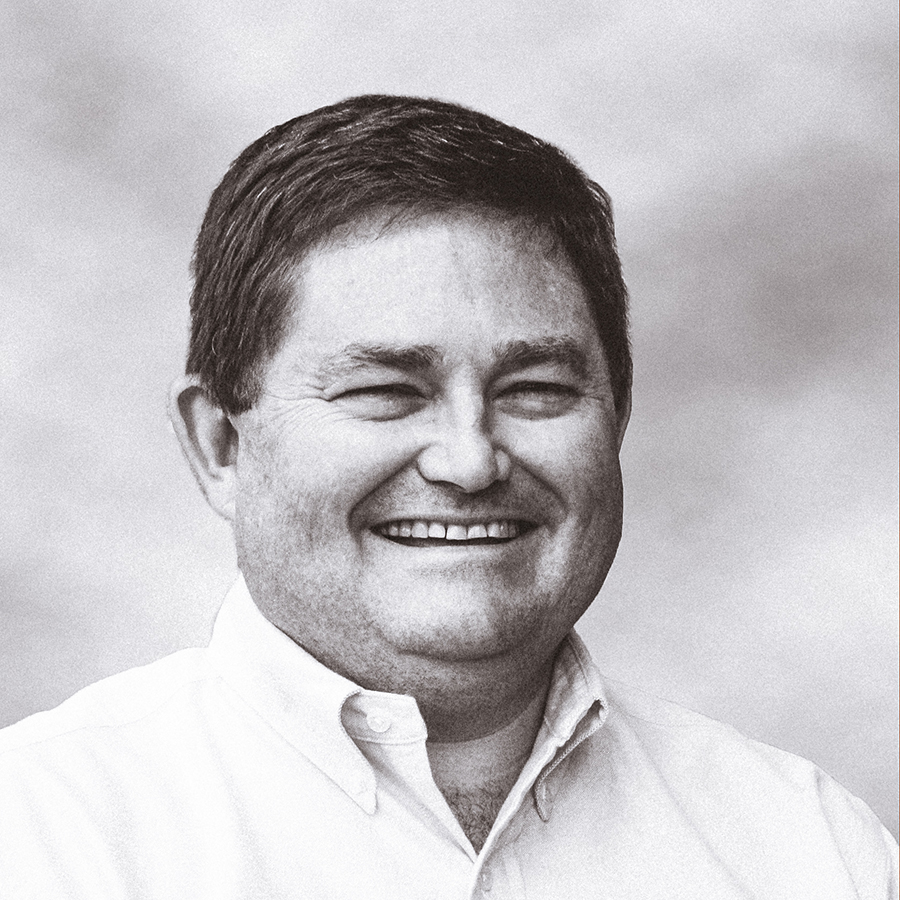
Mr. Bross is a project development manager for a major resource production company. He has worked in numerous areas around the world and managed significant projects for both his present and prior employer. He now manages the early framing and assessment of development opportunities for major projects company wide. He has a Bachelors degree in Chemical Engineering from Texas A&M University.
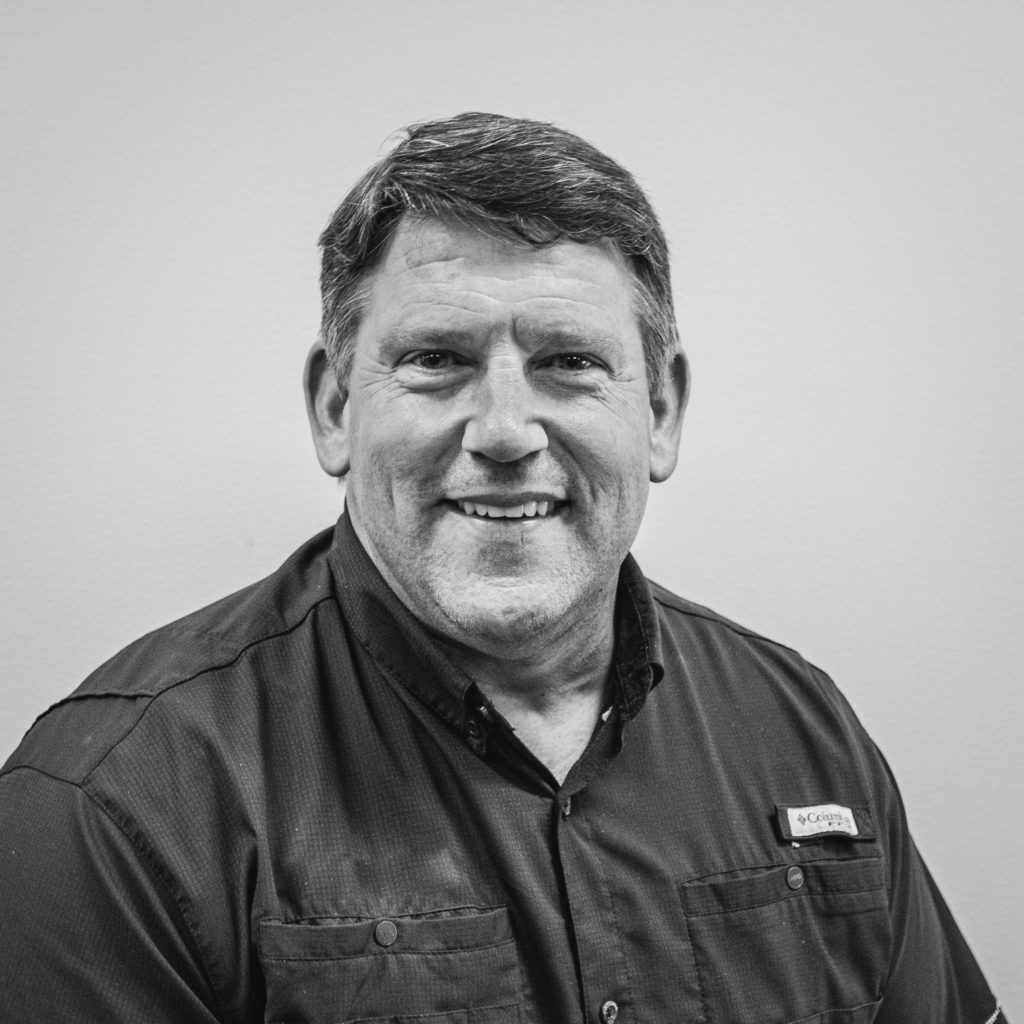
Charles is a successful businessman with experience in the for-profit and non-profit sectors. He has spent nearly two decades involved with the Big Brothers Big Sisters organization and has filled a variety of roles for them. Charles has also worked as the President of Frog Street Press, an early childhood curriculum provider. He has a love for serving people and for helping them reach their potential.
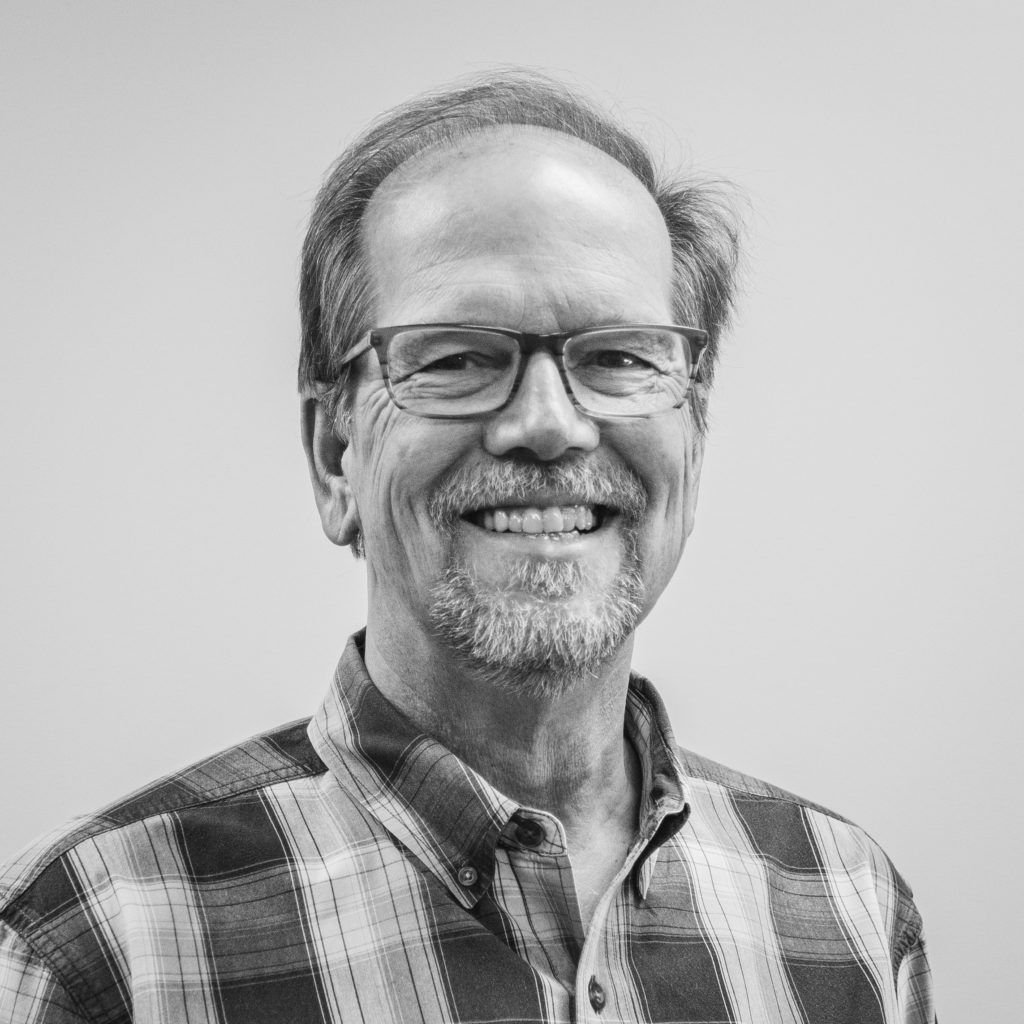
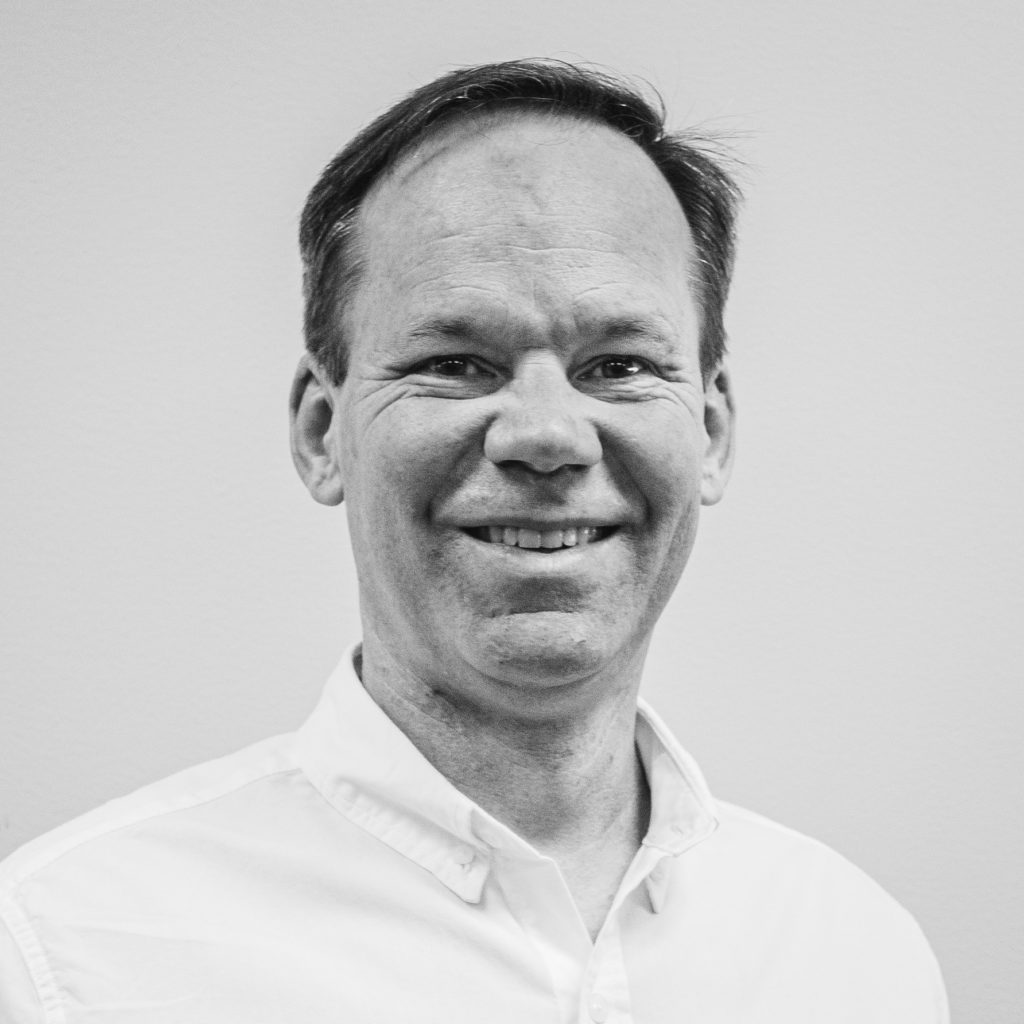
Dr. Jason Butler is a certified specialist in cross-cultural communication and cultural intelligence. He holds doctorates in intercultural studies and non-profit leadership, with additional degrees and specializations in sociology, entrepreneurship and human resource management. He is an entrepreneur at heart and loves to start and lead transformational ventures whose bottom lines are economic, humanitarian, social and environmental. He has co-founded and co-leads several global networks dedicated to identifying and training entrepreneurs and business leaders to start businesses that have positive community impact.
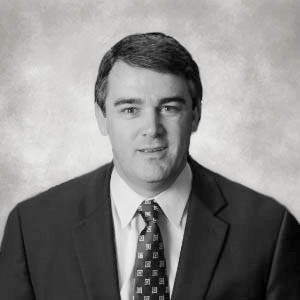
Mr. Caraway is a Professional Engineer who has been actively involved for over 35 years in the electric power generation, delivery, and marketing business, serving in a wide variety of technical, commercial, and executive roles. He holds an associate’s degree in automotive and diesel technology from Universal Technical Institute in Houston and a bachelor’s and master’s degree in electrical engineering with a focus in power engineering and an MBA from the University of Texas at Arlington.
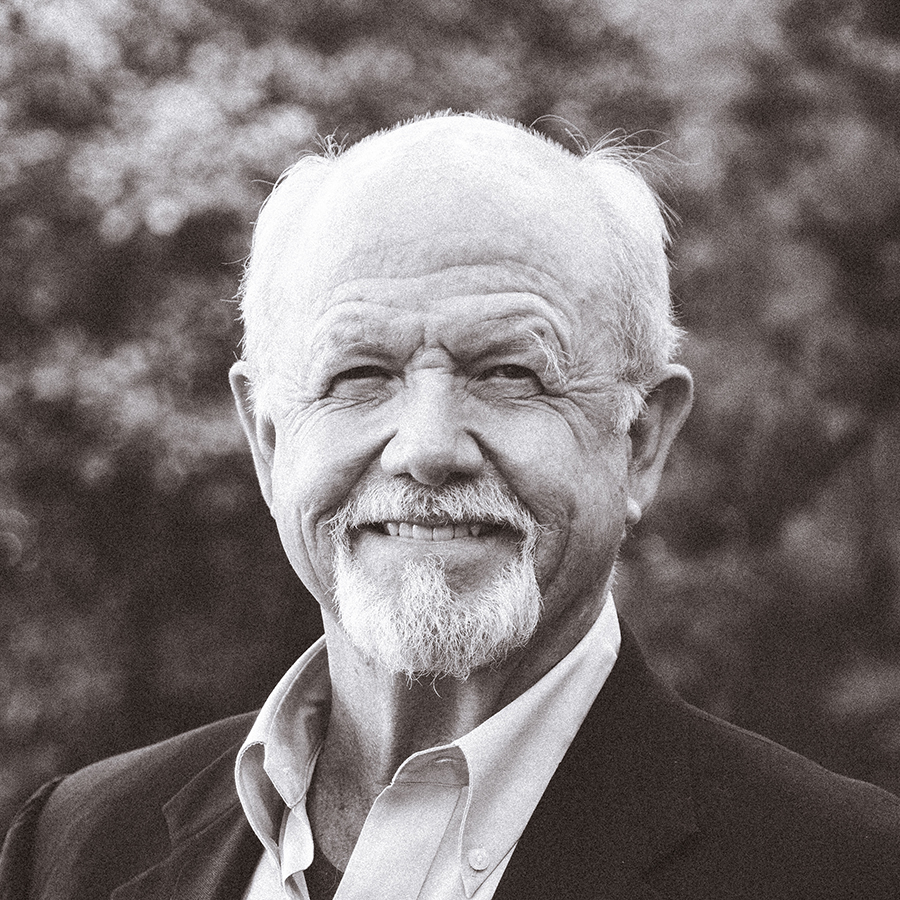
Dr. Johnson has an extensive and unique background as an educator, attorney, banker, business consultant, and entrepreneur, both domestically and internationally. His work includes the dynamic use of business and banking to holistically transform communities economically. He has an array of academic credentials including masters and PhD degrees in public administration, bank management and economic development which allow him to bring both a practical and academic perspective to his work, writing, consulting and teaching
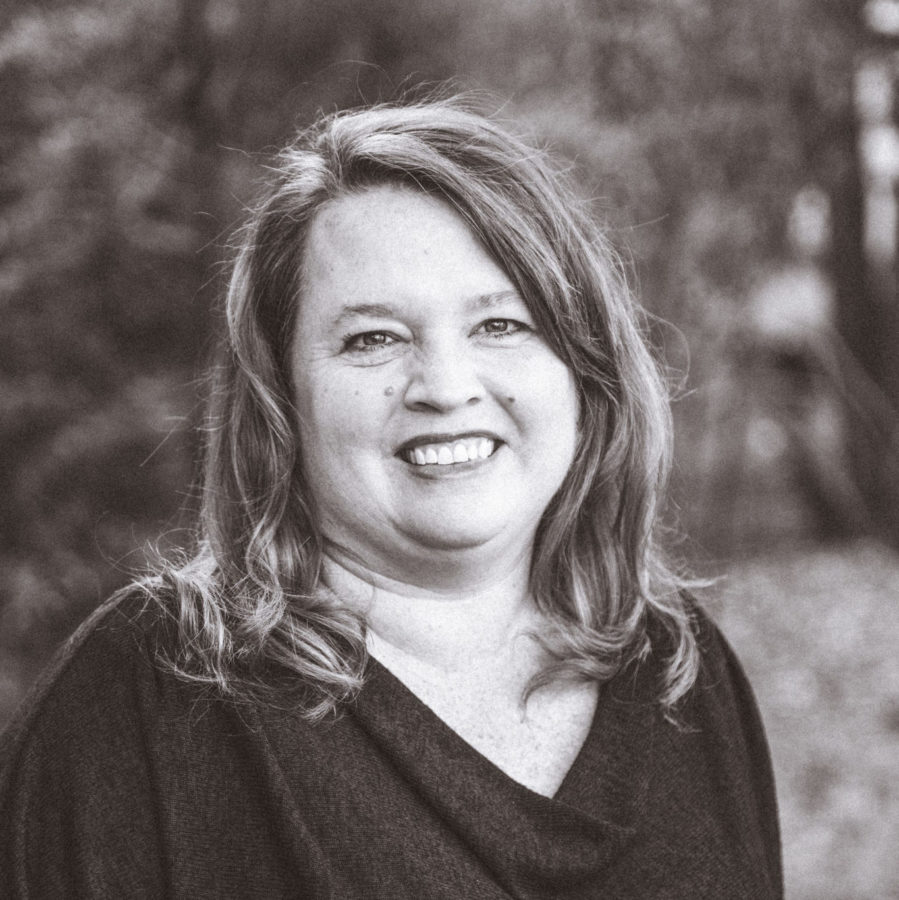
Ms. Schmidt is a Certified Public Accountant with a Bachelor of Accounting degree from Stephen F. Austin University. She has served as Controller and CFO for several large companies and currently is President of Tuxedo Distributors, LLC in Alvarado, TX. Ms. Schmidt brings extensive financial expertise to the organization as she serves on the Board.
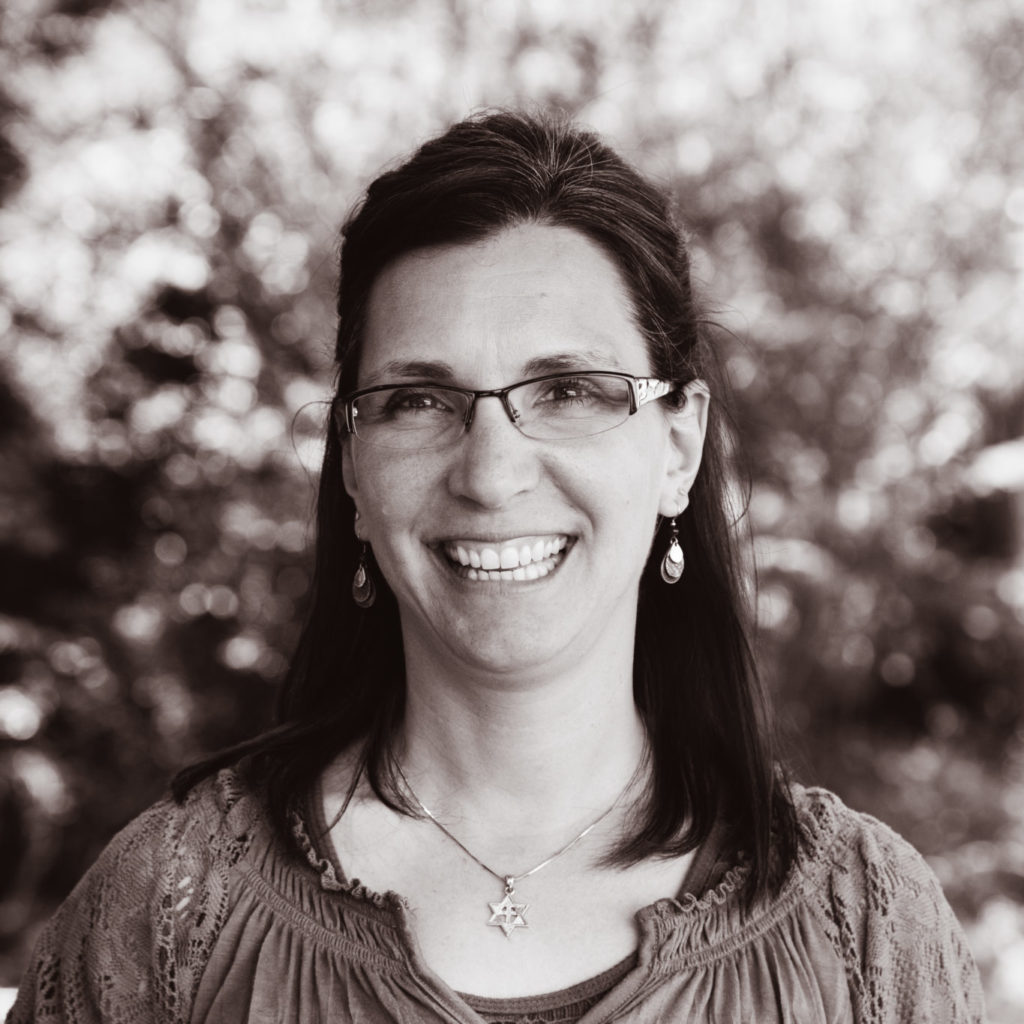
Ms. Holland, Executive Director of ILAD, spent 12 years in Togo, Africa where she worked with various development projects including women’s empowerment and literacy. Adding to her international experience, Ms. Holland received her master’s degree in International Community Development from Eastern University and a life-coaching certification from CoachNet International. Her education and extensive cross-cultural experience gives Ms. Holland a balanced approach to economic development among under-resourced language communities. Ms. Holland has served in this role since 2014.